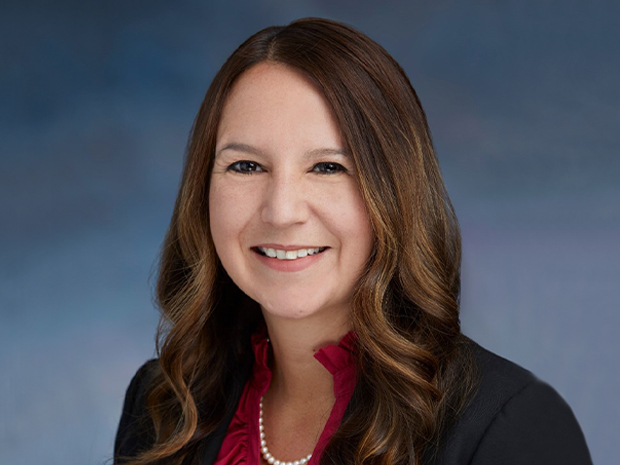On March 26, 2019, Virginia Gov. Ralph Northam approved House Bill 1722/Senate Bill 1083, enacting economic sales tax nexus and marketplace facilitator provisions, effective July 1, 2019.
The legislation provides that a remote seller who makes a retail sale of tangible personal property or taxable services for delivery into Virginia and who does not have a physical presence in the state is subject to the sales tax if the remote seller meets either of the following criteria in the current or prior calendar year:
- Receives more than $100,000 in gross revenue from retail sales in the state
- Engages in 200 or more separate retail sales transactions in the state
In determining whether a threshold was achieved, the state will also aggregate the sales and transactions among “commonly controlled persons.” For Virginia purposes, a commonly controlled person means any person that is a member of the same controlled group of corporations as defined in section 1563(a).
The legislation also enacts marketplace facilitator sales tax collection requirements. Marketplace facilitator will be deemed to have sufficient activity in the state if they meet the following requirements: 1) establishing economic nexus by either of the threshold amounts for direct remote sellers, 2) transmitting or communicating an offer or acceptance between a purchaser and a marketplace seller; owns or operates the infrastructure, whether electronic or physical, or technology that brings purchasers and marketplace sellers together; or provides a virtual currency that purchasers are allowed or required to use to purchase products from the marketplace seller; and 3) engaging in any of the following activities with respect to a marketplace seller's products: payment processing; fulfillment or storage; listing products for sale; setting prices; branding sales as those of the marketplace facilitator; or providing customer service or accepting or assisting with returns or exchanges.
For purposes of these provisions, a “marketplace facilitator" means a person that contracts with a marketplace seller to facilitate, for consideration and regardless of whether such consideration is deducted as fees from transactions, the sale of such marketplace seller's products through a physical or electronic marketplace operated by such person. However, the legislation excludes a payment processor business appointed by a merchant to handle payment transactions from various channels, such as credit cards and debit cards, and whose sole activity with respect to marketplace sales is to handle transactions between two parties.
Takeaway
Currently, over thirty five states have adopted some form of economic sales tax nexus provisions with varying effective dates through statute, regulation or policy and guidance. California is the next state expected to enforce economic sales tax nexus beginning April 1, 2019. Taxpayers with questions about Virginia’s upcoming nexus provisions, or economic sales tax nexus generally, should speak to their state tax advisers. It is highly anticipated that most of the remaining states that have not yet addressed Wayfair will do so in the 2019 state legislative sessions. For more information on Wayfair, please read our article, Wayfair, sales tax, and economic presence laws.


